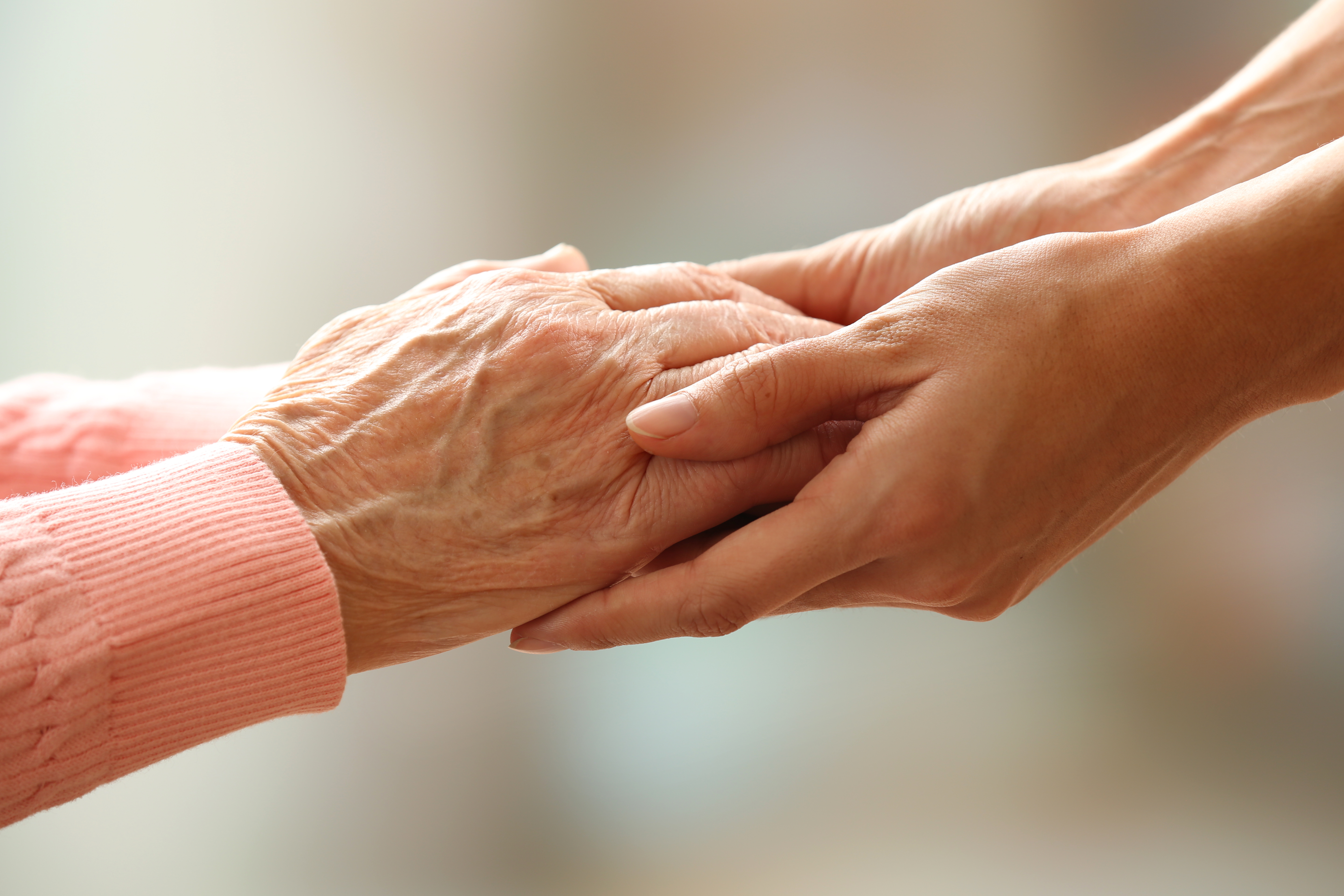The Liberty Protection Safeguards

Deprivation of Liberty Safeguards
The Deprivation of Liberty Safeguards (DOLS) were introduced to protect people (aged 18 years old or over) who do not have capacity to make decisions about their care and treatment. Where a person is deprived of their liberty in a care home or hospital setting then the hospital or care home must get authorisation. Before a deprivation can be authorised, consideration must be given to whether it is appropriate and in a person’s best interests. The DOLS set out a series of checks and procedural safeguards which must be followed to ensure that any deprivation is lawful.
Liberty Protection Safeguards
In May 2019, the Mental Capacity (Amendment) Bill was passed into law. This Bill introduced the Liberty Protection Safeguards which were due to be implemented in October 2020, but are now expected to come into force in April 2022.
The Liberty Protection Safeguards (LPS) replace the DOLS. Some of the main changes include:
- Anyone aged 16 years and over will be protected by the Liberty Protection Safeguards
- The LPS apply in any setting, not just a hospital or care home, this includes supported living accommodation and a person’s own home
- Introduction of a more streamlined process for authorising deprivations of liberty
- An explicit duty to consult with those caring for the person and anyone interested in the person’s welfare
- Where a person disagrees with their care or treatment, or it is reasonable to believe that they would disagree, then the case must be considered by an Approved Mental Capacity Professional (AMCP).
It is hoped that these measures will provide more protection for individuals deprived of their liberty.
We are here to help
Where a person wishes to dispute the authorisation of their deprivation of liberty then an application can be made to the Court of Protection. Our dedicated solicitors will be able to provide you with specialist advice based on your individual circumstances
Our experienced court of protection team specialise in health and welfare matters and are able to meet with you via telephone or video call to discuss your case.
Please contact our court of protection team by email or by calling 0191 232 9547.



